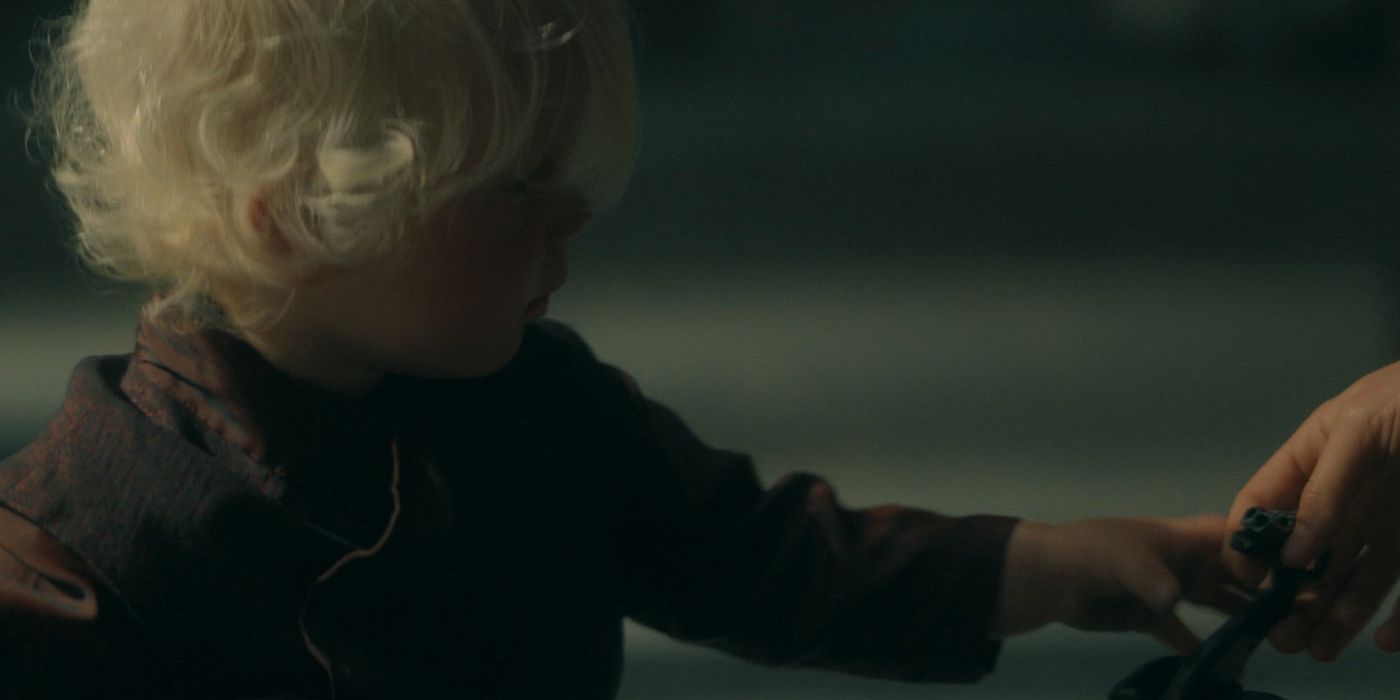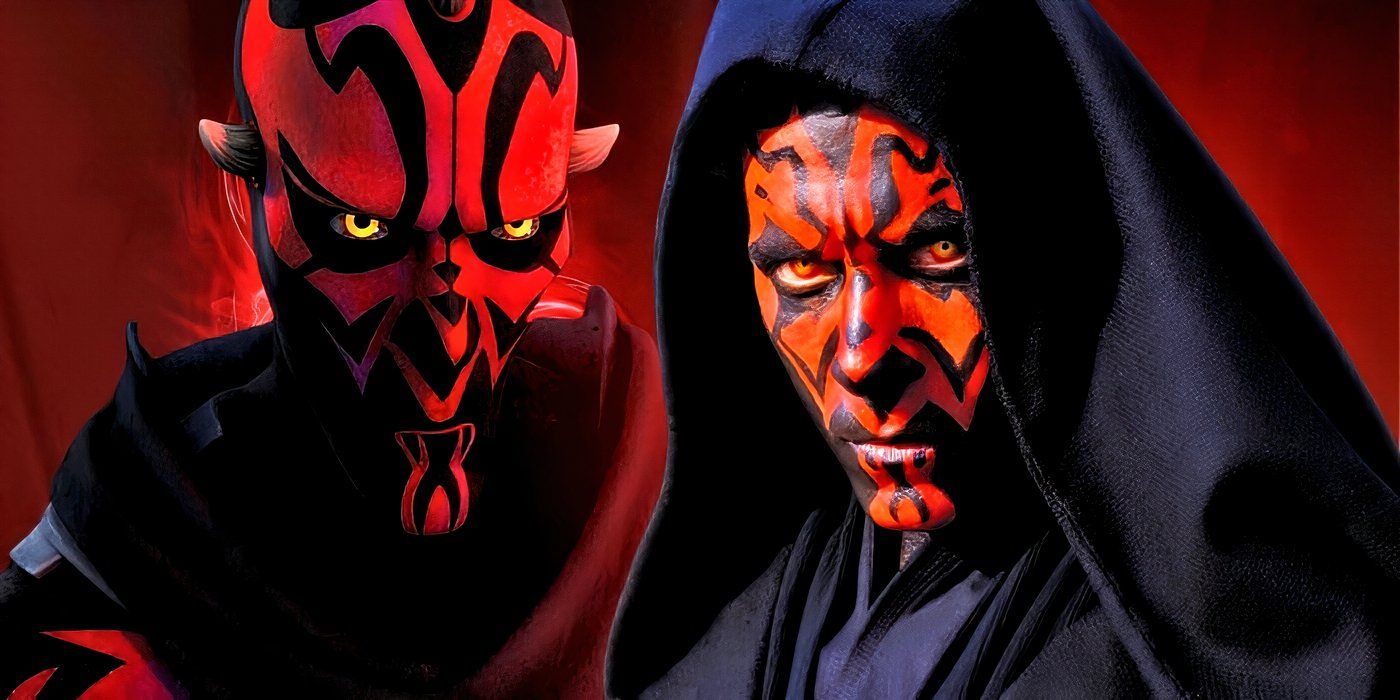As Disney prepares to release a live-action remake of its animated movies such as Pinocchio and The Little Mermaid, it’s worth revisiting the classics and updates to the fairy tale adaptation. Fairy tales come in many forms around the world, but the most common elements are an imaginary setting, the appearance of magic or fantasy creatures, a lesson or moral, and a happy ending.
The movie buffs at Letterboxd looked to Disney, world cinema, classic Hollywood, and even horror to determine the best fairy tale adaptations in film.
Sleeping Beauty (1959) – 3.5
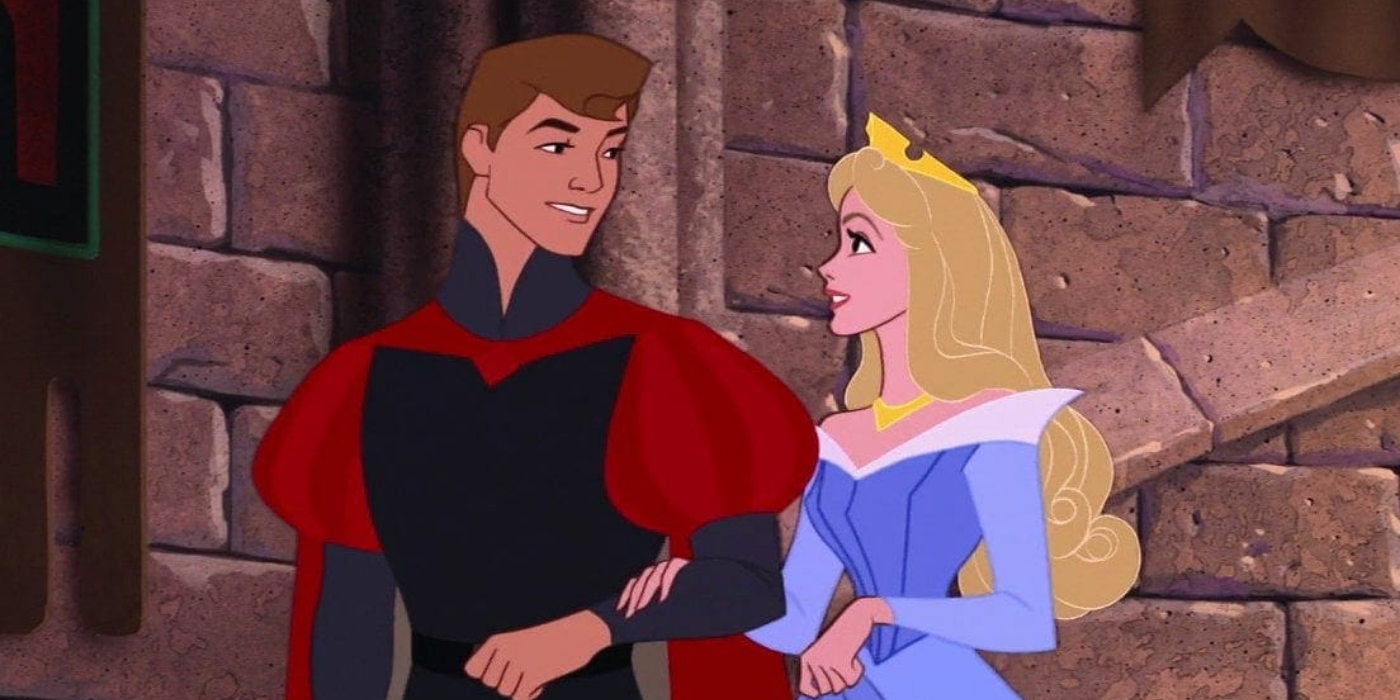
Based on Charles Perrault’s 17th-century fairy tale, and centuries of similar myths and folktales, Disney’s Sleeping Beauty had large shoes to fill after the studio’s success with Snow White and the Seven Dwarfs, Cinderella and Pinocchio. It was a box office failure, and critical response was mixed at best.
However, despite the initial letdown, Sleeping Beauty has stood the test of time. Its animation style, criticized upon its first release, is now highly regarded as lush and unique among Disney’s fairy tales. Meanwhile, its villain Maleficent has found new life in the live-action film series and as one of Disney’s most popular characters.
The Little Mermaid (1989) – 3.7
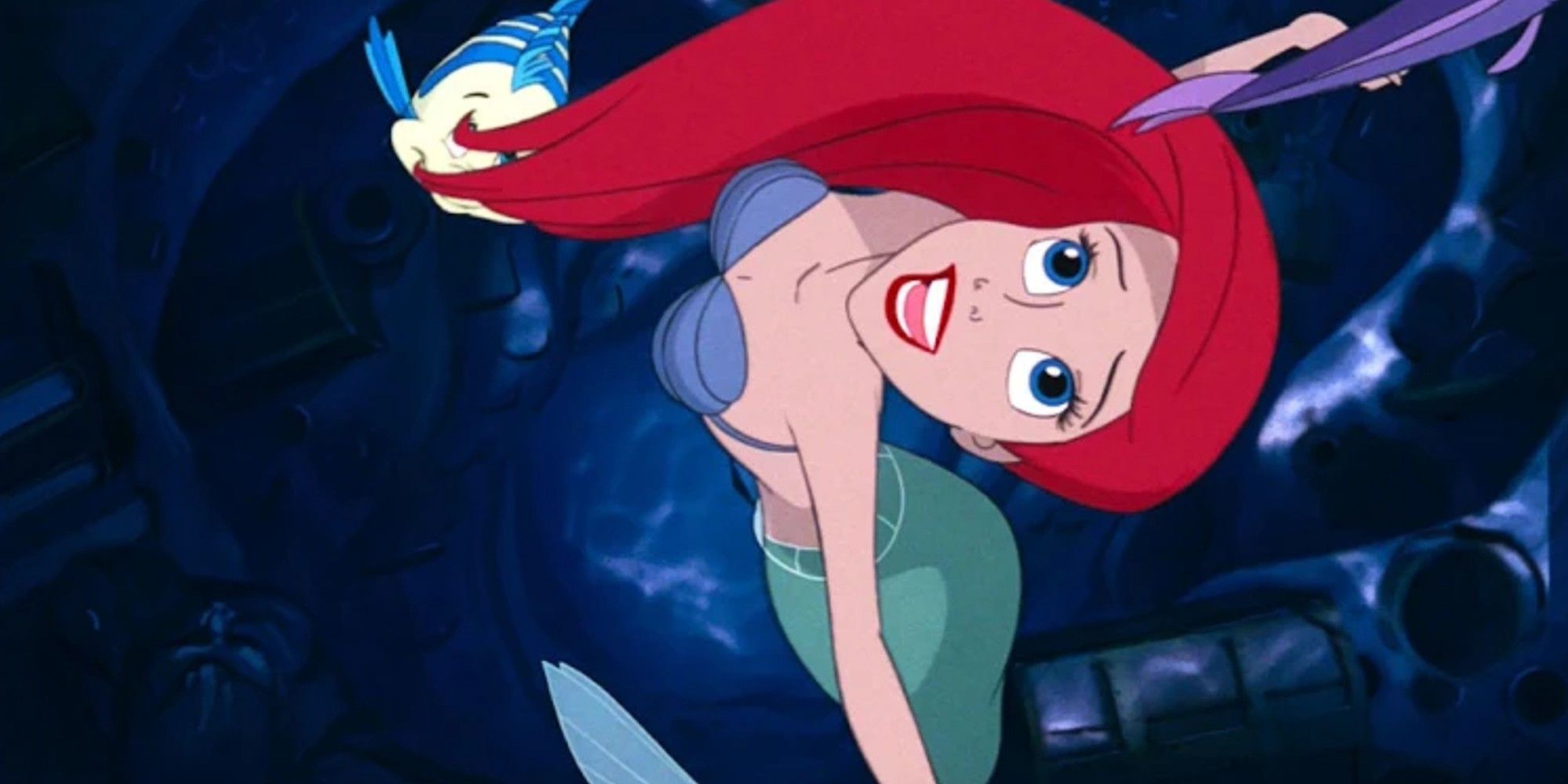
Headed for a live-action remake in 2023, The Little Mermaid ushered in a period known as the “Disney Renaissance.” Based on Hans Christian Andersen’s fairy tale, the Disney version swaps the tragic original ending for a traditional “happily ever after,” and infuses the story with some of the best songs in any movie musical.
With The Little Mermaid came technical innovations. New visual effects techniques were required to produce the underwater sequences. Its box office, awards, and critical successes led to The Little Mermaid spawning a media franchise. Even over thirty years later, the movie remains timeless for many.
Beauty And The Beast (1991) – 3.9
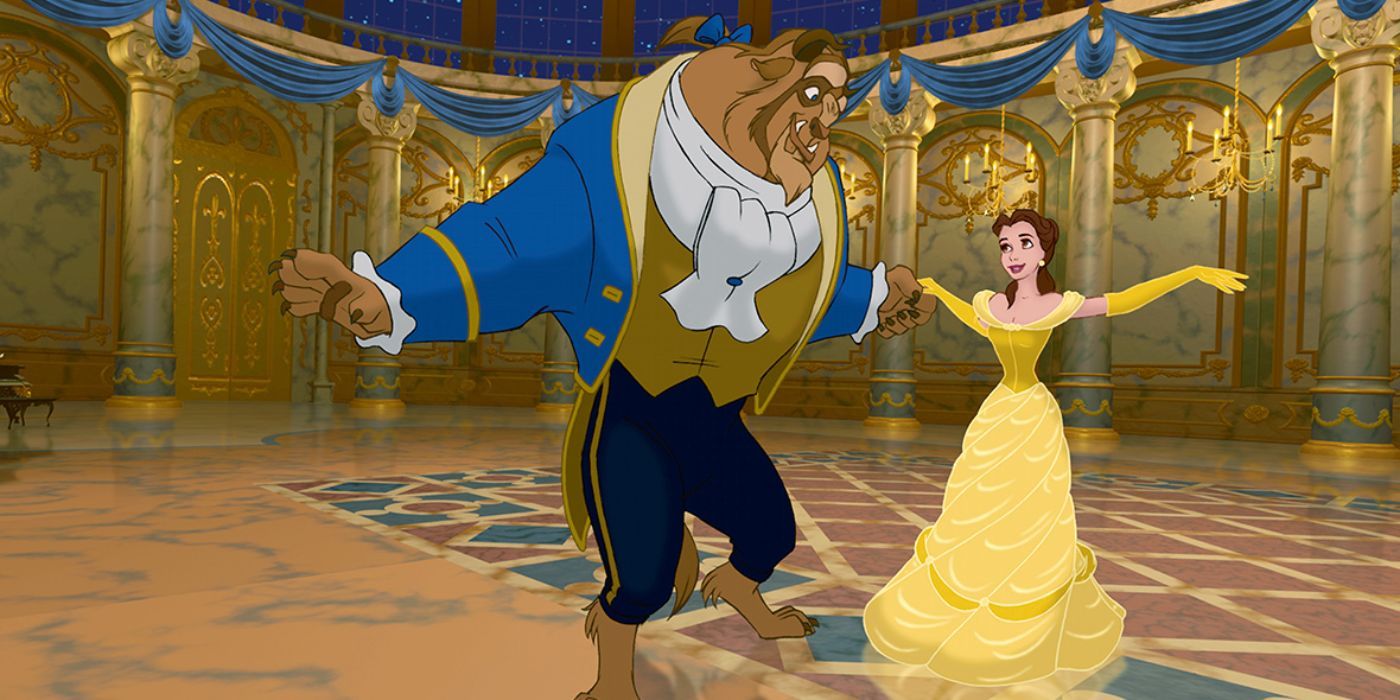
Following the success of The Little Mermaid and the start of the “Disney Renaissance,” the studio adapted the 18th-century fairy tale Beauty and the Beast by Jeanne-Marie Leprince de Beaumont.
Beauty and the Beast received near-universal praise for its animation, music, voice acting, and story. It was the first animated feature to take home a Golden Globe in the Best Motion Picture – Musical or Comedy category and earned a place in the National Film Registry of the Library of Congress. Disney’s Beauty and the Beast received a Broadway musical adaptation in 1994 and a live-action remake in 2017.
Tangled (2010) – 3.9
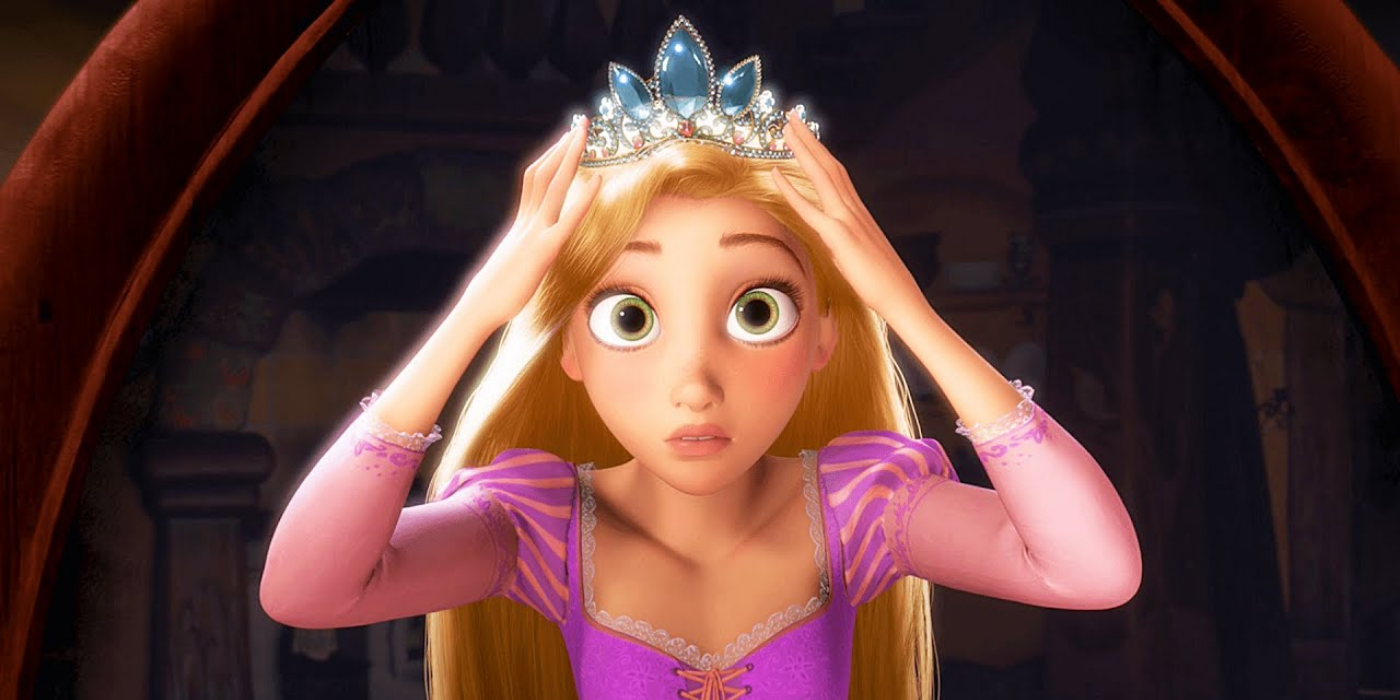
Tangled, Disney’s adaptation of the Brothers Grimm fairy tale Rapunzel, spared no expense in producing a high-quality, computer-animated feature. Combining aspects of CGI and hand-drawn animation to create a unique Rococo aesthetic, Tangled paved the way for other mega-hits like Frozen and Encanto.
The story is heartfelt and sincere, exploring themes of gaslighting and autonomy that ring true today. Alan Menken, one half of the genius musical duo behind The Little Mermaid, Beauty and the Beast, and Aladdin returned to write the songs with lyricist Glenn Slater. Naturally, the flagship tune “I See the Light” brought home the Oscar for Best Original Song.
Aladdin (1992) – 3.9
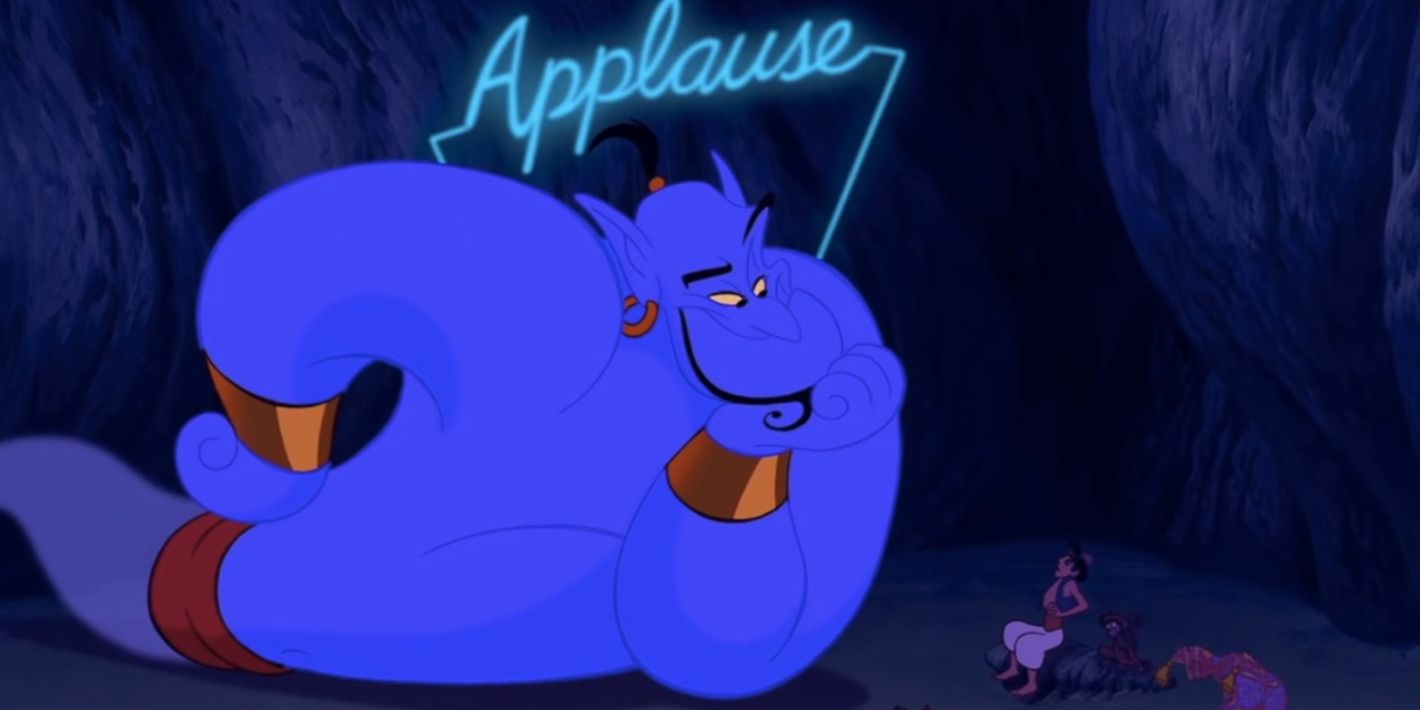
Aladdin, the adaptation of a folktale from One Thousand and One Nights, has all the elements of a successful Disney animated film. Yet this was all blown away by Robin Williams’s unmatched voice performance as the Genie. The character drives the fairy tale conventions of the plot, granting wishes for the title character, all while teaching valuable lessons about being true to one’s self.
Though Aladdin rightfully faces criticism for its use of ethnic stereotypes, fans seem able to look past the more problematic aspects. Aladdin took home two Oscars for its music, was adapted into a successful Broadway show, and its live-action remake grossed over a billion dollars at the box office worldwide.
Shrek (2001) – 4.0
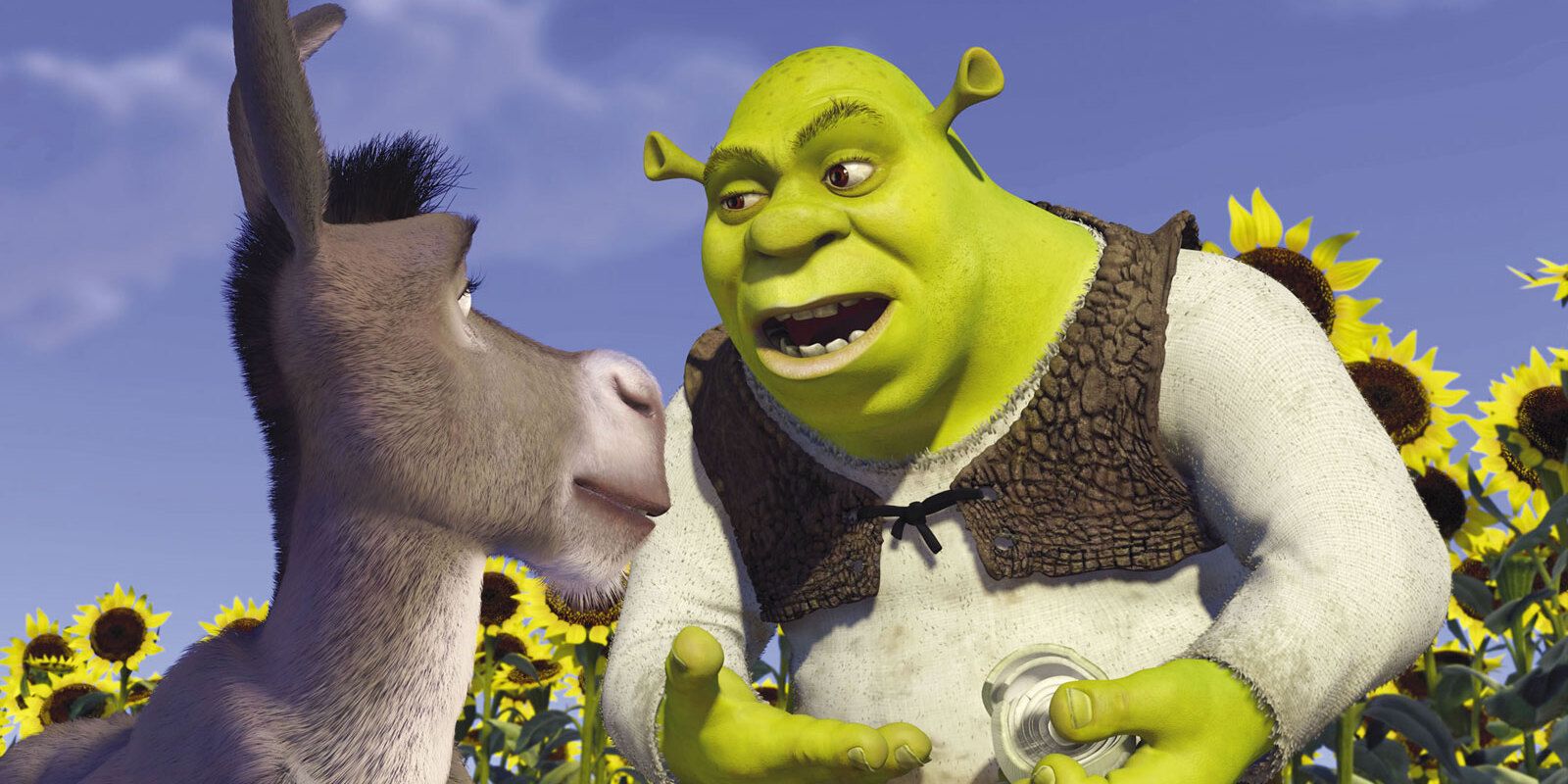
After Jeffrey Katzenberg’s ousting from the Walt Disney Company, he co-founded DreamWorks and set about taking revenge on the House of Mouse. That revenge took the form of Shrek, ostensibly adapted from the children’s book by William Steig but a not-so-thinly veiled lampoon of Disney’s fairy tale empire.
The story of an ogre whose quest to be left alone turns into an unexpected love story riffs on everything from Snow White to Pinocchio. Shrek remains relevant more than 20 years later, and not just for the fact that the character became a ubiquitous meme. Beneath all the snark, the Oscar-winning Shrek delivers a simple, sweet message about love and authenticity.
The Wizard Of Oz (1939) – 4.0
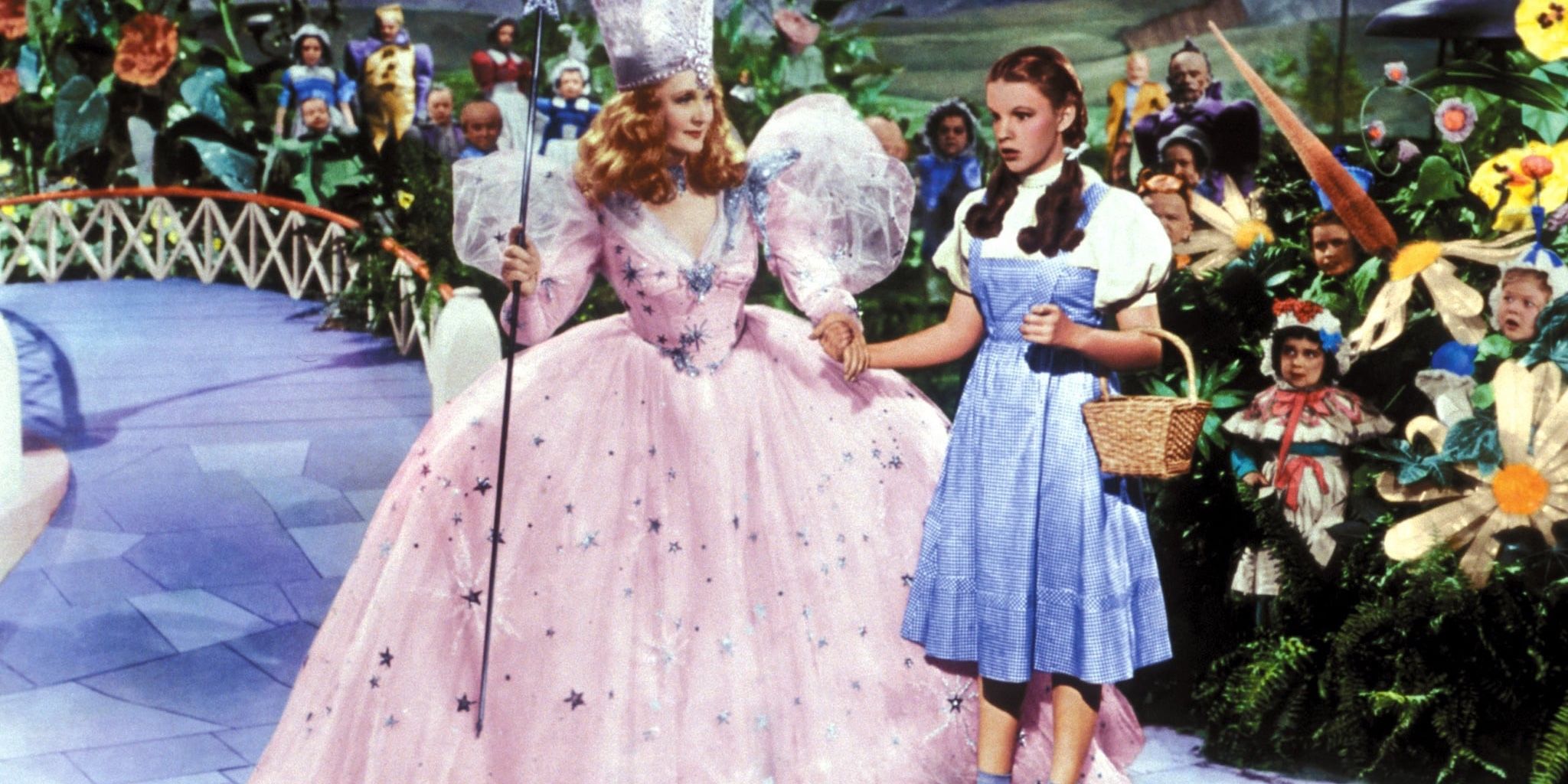
The Wizard of Oz is one of those movies everyone should see. A true example of “movie magic,” it transports audiences of all ages to the magical land of Oz, filled with brilliant color and joyful song. Sixteen-year-old Judy Garland delivers a performance that’s innocent, powerful, and nothing less than iconic.
The Library of Congress has called The Wizard of Oz “America’s greatest and best-loved homegrown fairytale.” It renders the realistic, sepia-toned Kansas of the 20th century alongside magical, fantasy elements like witches, wizards, talking animals, and faraway kingdoms. In the end, the story hinges on a moral lesson, which viewers take to heart, “There’s no place like home.”
Beauty And The Beast/La Belle Et La Bete (1946) – 4.0
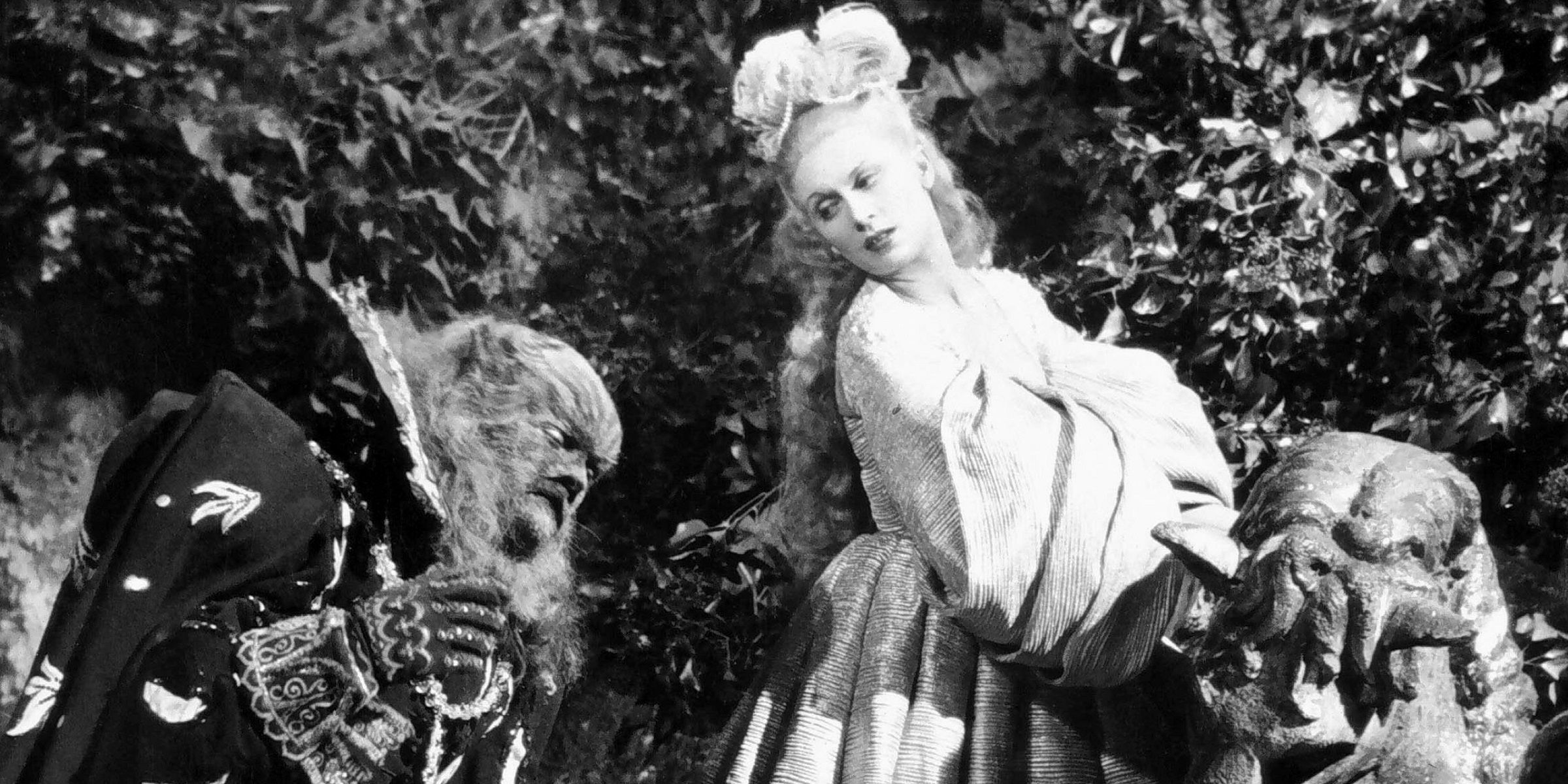
Long before Disney got their hands on the property and made two films under the title, French surrealist filmmaker Jean Cocteau made his version of Beauty and the Beast. Cocteau’s film is sublime and romantic, crafting such evocative imagery that non-Francophone viewers hardly need the subtitles.
Now a staple of the Criterion Collection, Beauty and the Beast was deeply influential on film and other media. The haunting image of the Beast’s castle hallways, lit by candelabras held by disembodied human arms, is an oft-homaged feature. Disney’s versions are heavily indebted to it, particularly to the character design of Jean Marais’ Beast. Meanwhile, Cocteau’s use of practical effects conjures a dreamlike quality to Beauty and the Beast that perfectly captures the fairy tale atmosphere.
The Princess Bride (1987) – 4.1
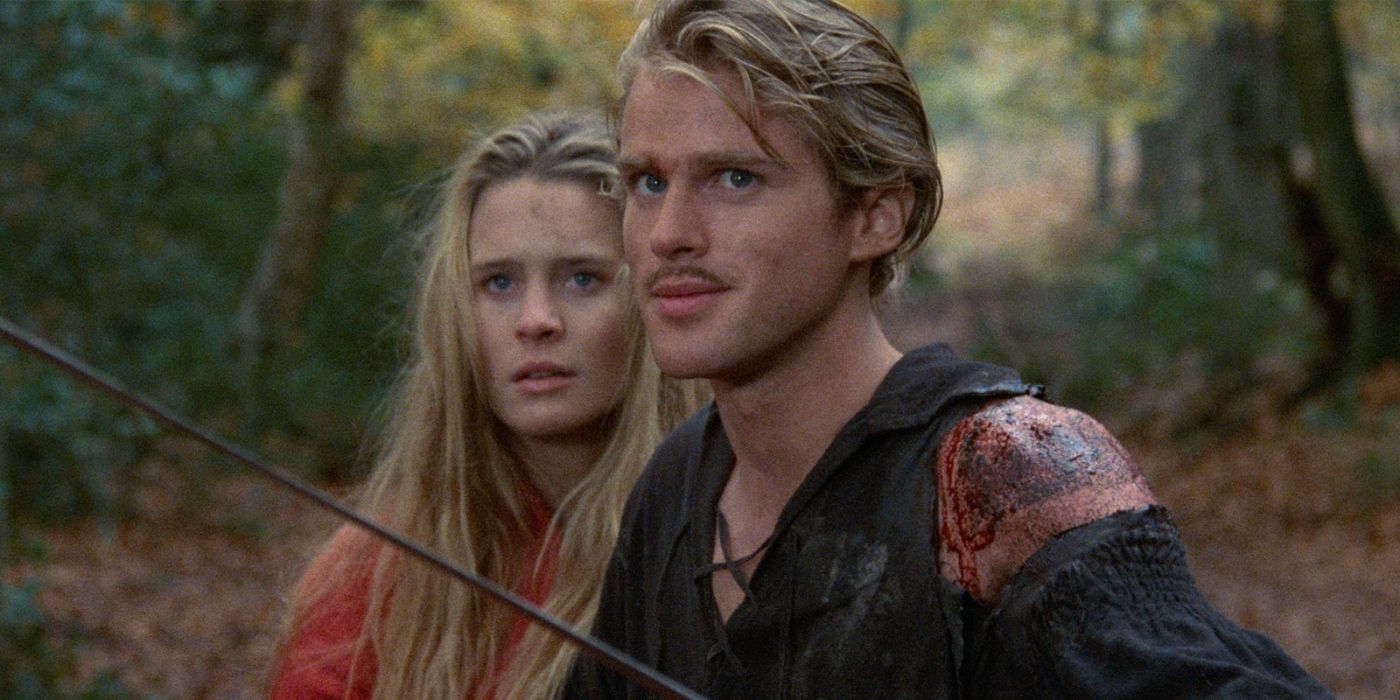
Adapted from William Goldman’s 1973 novel, The Princess Bride is a story-within-a-story that delightfully mashes up fairy tale conventions. As the narrating grandfather puts it, the story has everything, from fencing and fighting to miracles and true love.
Under Rob Reiner’s cheeky direction, The Princess Bride is a romance for the ages, and an example of love truly conquering all. Though not a huge success at the box office, the movie has earned a pristine reputation and cult status over the years. Its endlessly quotable dialogue, impressive fight choreography, and hilarious, family-friendly satire make it a must-watch 80s movie.
Pan’s Labyrinth (2006) – 4.1
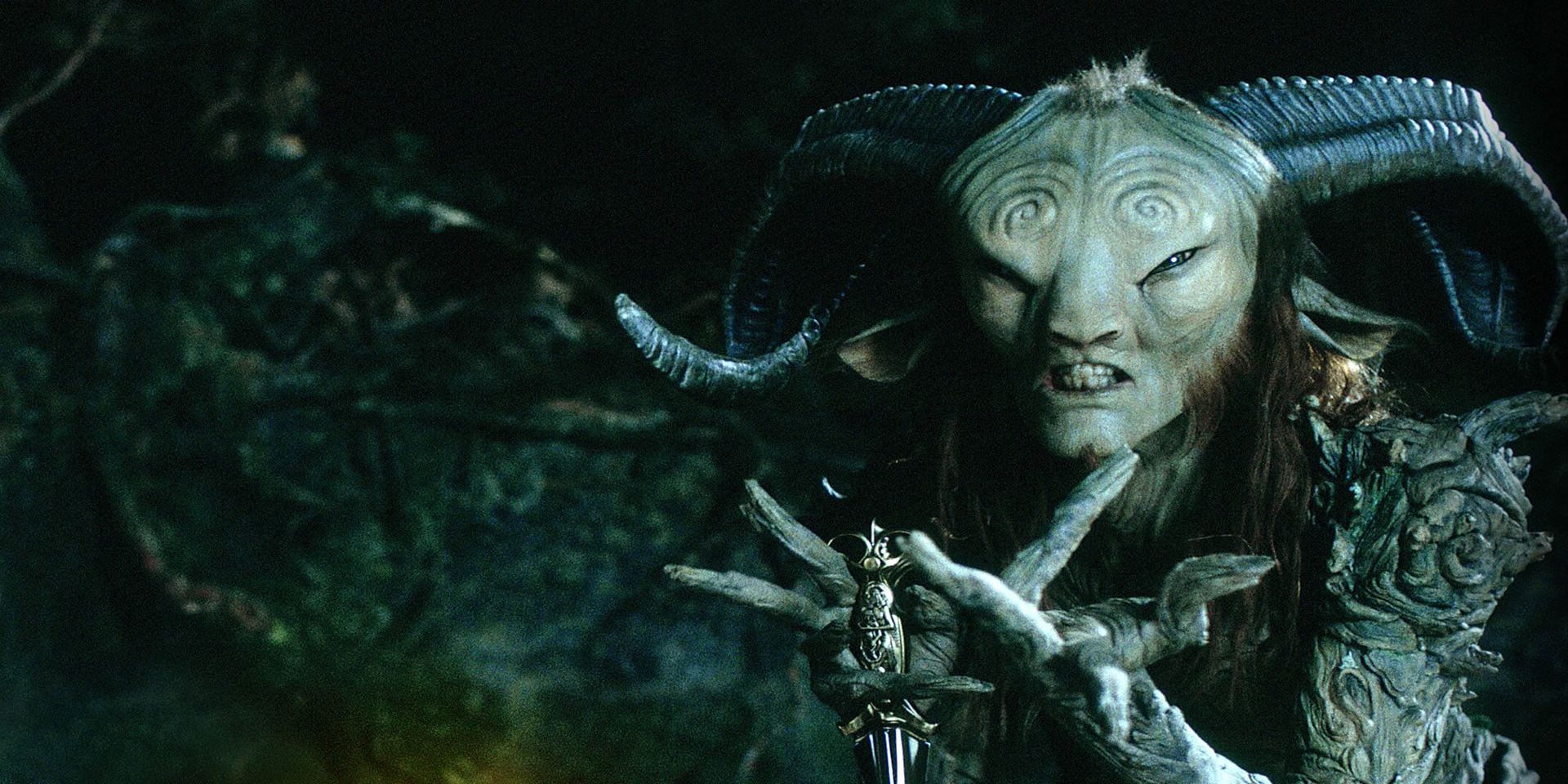
Guillermo del Toro’s Gothic fantasy Pan’s Labyrinth is an excellent example of the horror and drama potential in fairy tales. These stories, often rife with violence and grief, are not just for children. Set against the backdrop of Franco’s Spain, Pan’s Labyrinth follows Ofelia’s coming of age through the parallel fairy tale of the princess of the underworld.
Ofelia faces many trials involving magical creatures and terrifying monsters. Pan’s Labyrinth unfolds with equal parts horror and bittersweet tragedy, extruding the darker elements of the fairy tale genre. While it’s an original story, Pan’s Labyrinth hints at influences from Alice in Wonderland, The Wizard of Oz, and the fairy tale illustrations of Arthur Rackham (via The Guardian). The film won three Oscars and remains one of the best standalone fantasy films.
